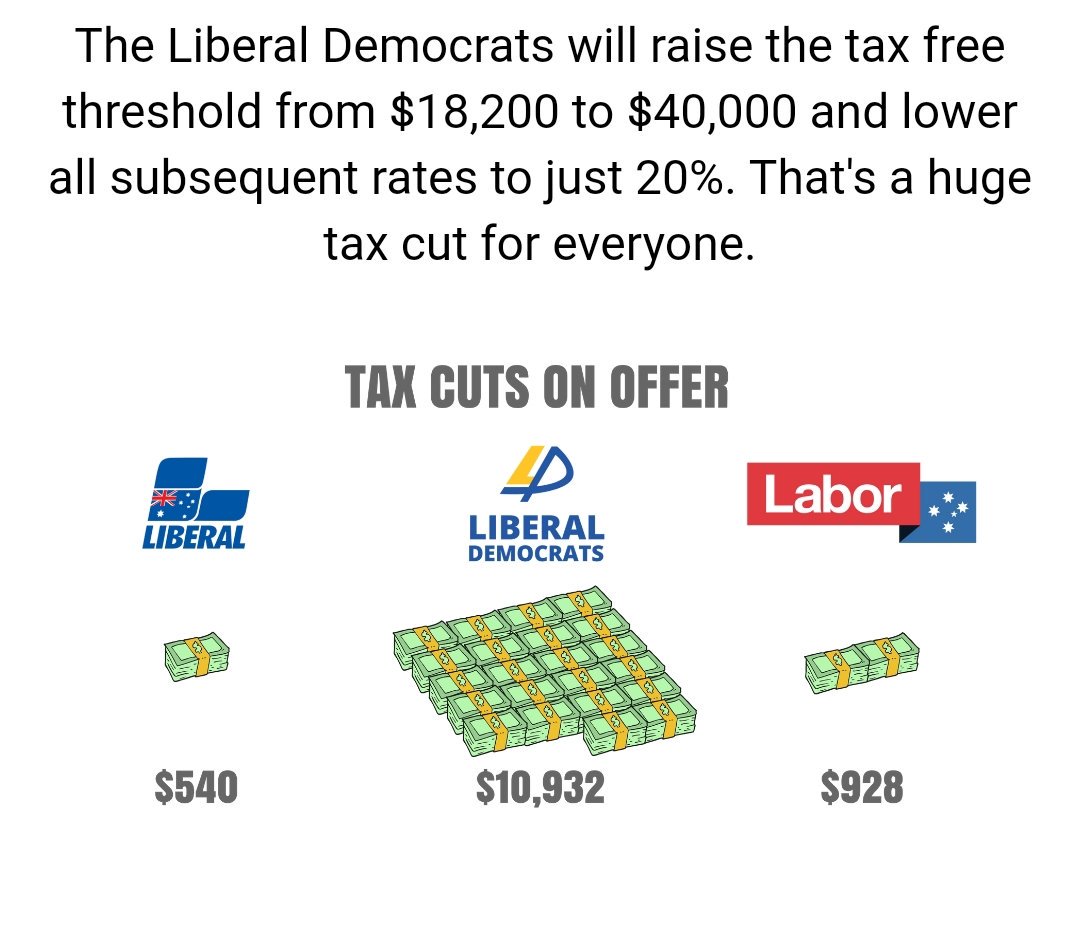
The goal of this “local” (domestic) minimum taxation is to prevent erosion of the tax base from the excessive use of what is known as “tax preferences.” These tax preferences take the form of credits, deductions, special exemptions, and allowances and usually result in a reduction in the amount of tax a corporation owes. At the local level countries have been using modern forms of minimum taxation since at least the 1960s, taxing businesses on income generated based on activity undertaken within their territory. The idea of a minimum tax rate is not new. This is particularly true in developing countries with weaker tax administrations, which face major challenges in effectively taxing these large multinationals. Increasingly, governments are turning to minimum taxes as a means of preserving their tax base. The agreement reached by the G7 countries on minimum taxes has provided fresh momentum to the overhaul of international tax rules. On the other hand, governments decry these multinational enterprises-once they have been successfully attracted to the country-for not paying their fair share of corporate taxes, leaving the burden to fall on often-struggling local firms. On the one hand, countries compete vigorously to lure businesses and investors within their borders by offering numerous profit- and cost-based tax incentives, driving their tax rates down.

There is an unusual tension in the world of corporate taxation. Our new study examines how different types of domestic minimum tax regimes can help countries preserve their corporate tax base and mobilize revenue. It also highlights the role minimum taxes can play at the global level to help reverse nearly four decades of falling global corporate tax rates and reduce the incentives for large multinational firms to shift profits to low-tax jurisdictions to reduce their worldwide tax liability.

While there are a number of details yet to be hammered out in broader global discussions, this historic agreement heralds an important step forward on the road to international corporate tax reform. On June 5, 2021, Finance Ministers from the Group of Seven major industrialized nations committed to a global minimum corporate tax rate on multinationals of at least 15 percent.


 0 kommentar(er)
0 kommentar(er)
